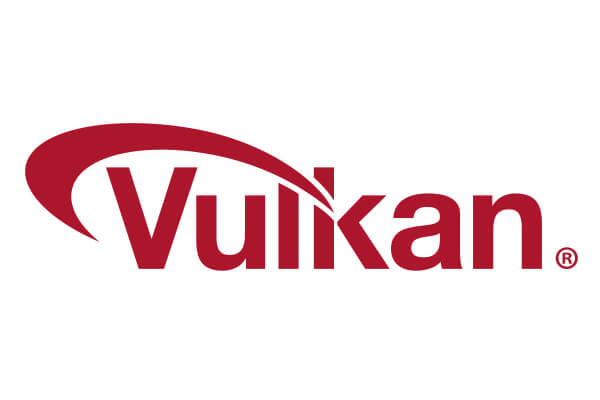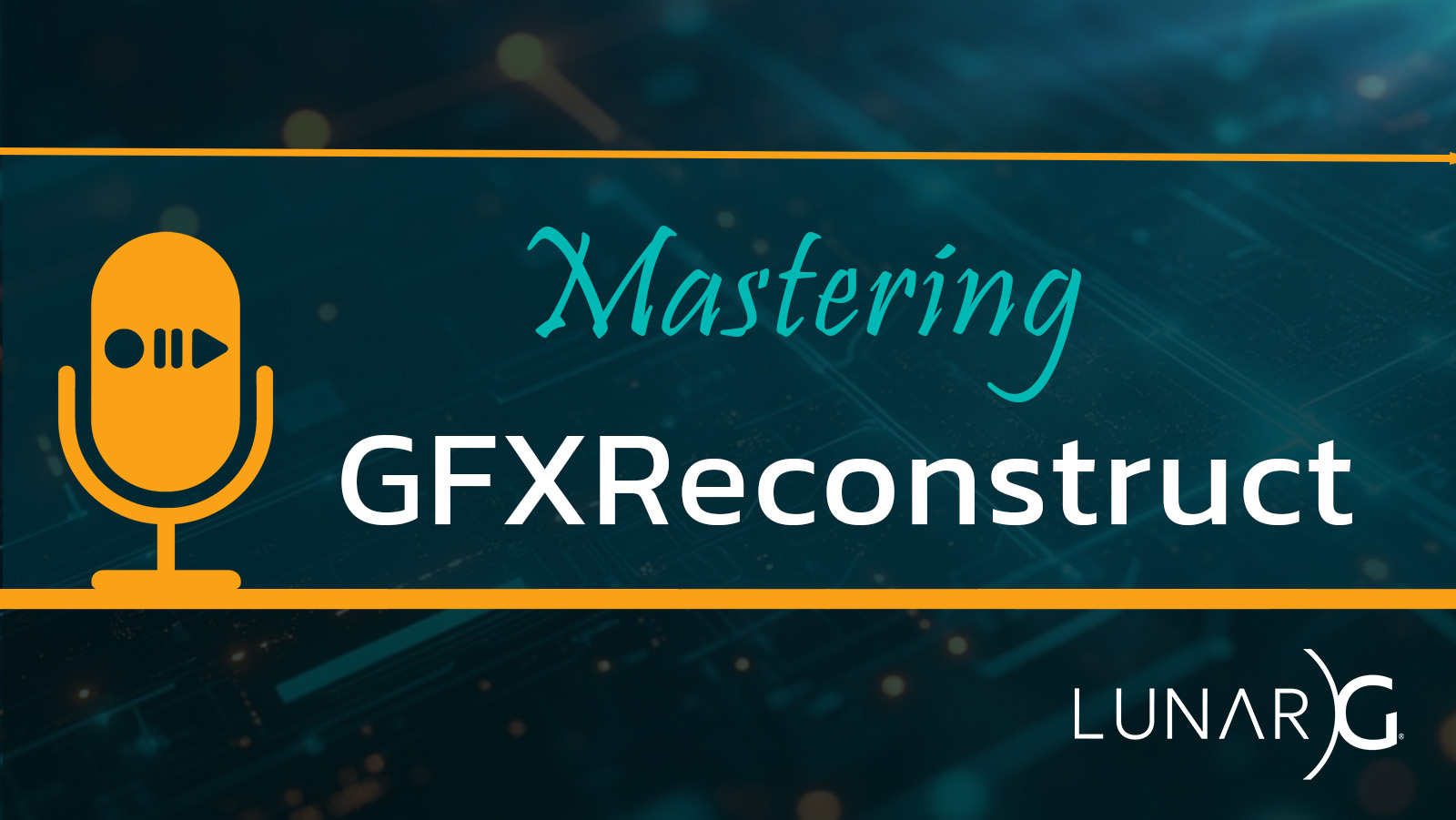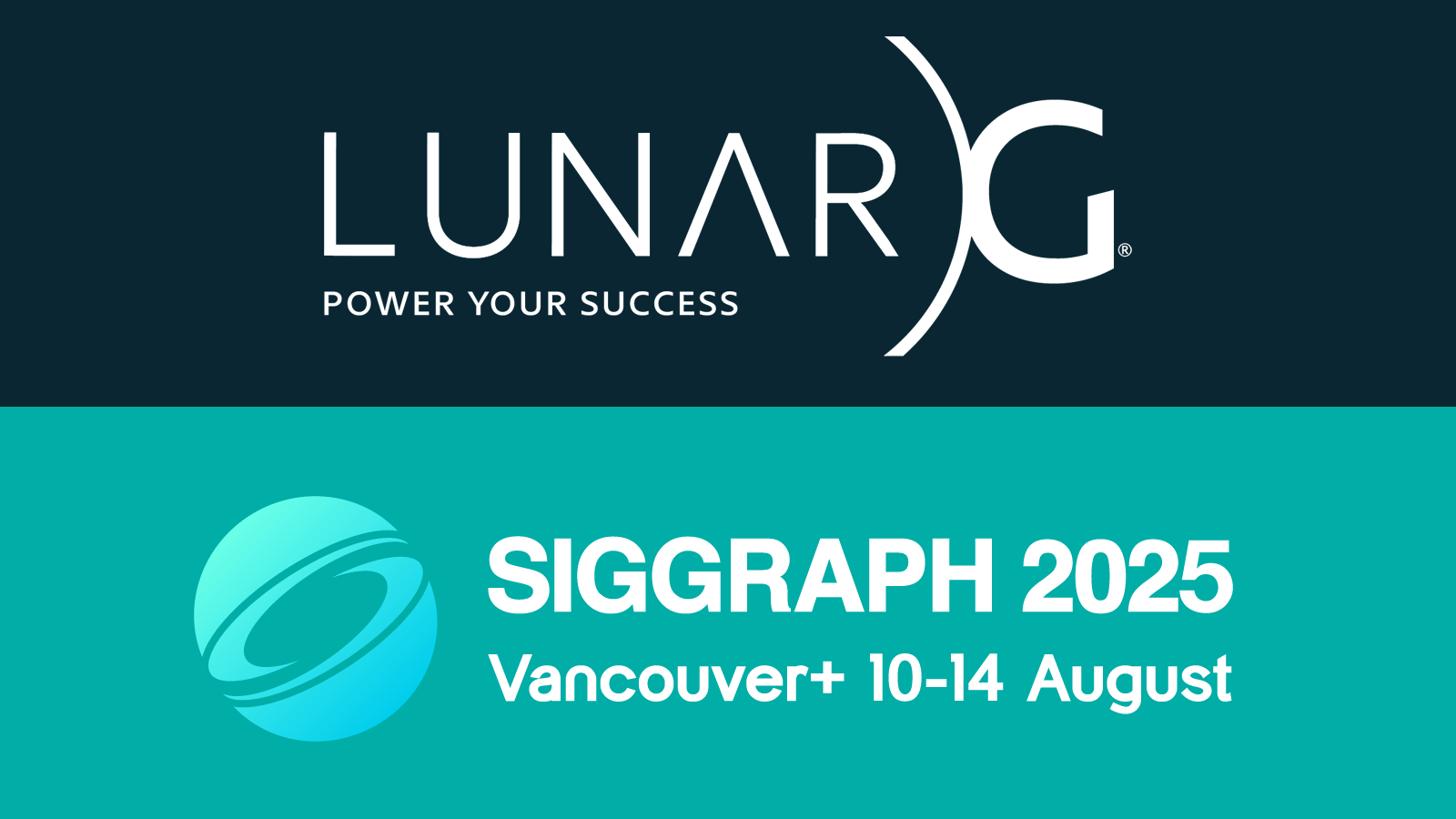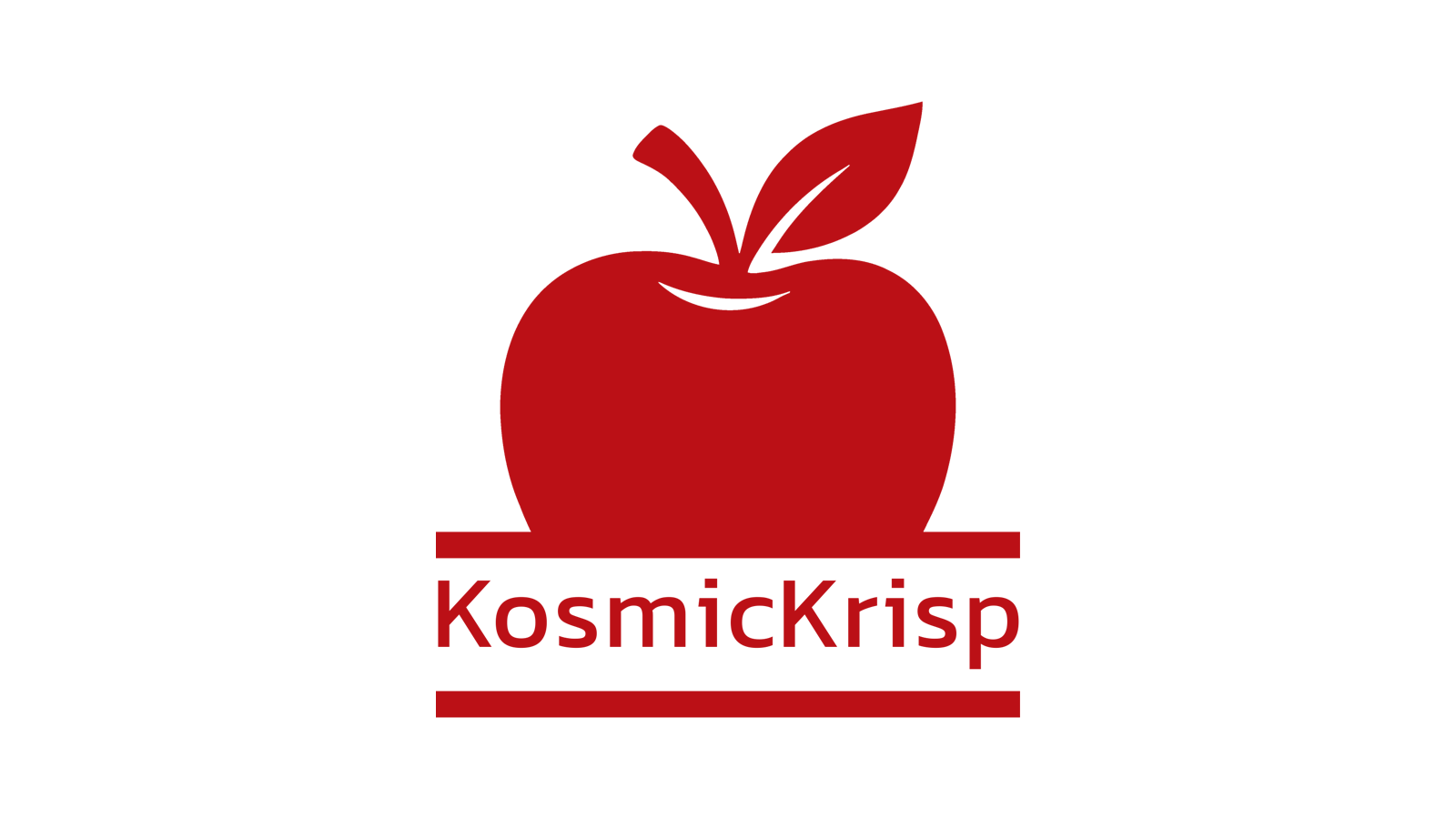LunarG has released a new white paper describing the new Vulkan Portability Enumeration Extension from Khronos. Vulkan® Portability™ aims to counter platform fragmentation by encouraging layered implementations of Vulkan functionality over Metal, DX12, and other APIs. Vulkan Portability enables Vulkan applications to be reliably deployed across diverse platforms. Khronos released a provisional version of Vulkan Portability Extension 1.0 in September 2020. The VK_KHR_portability_subset extension allows a non-conformant Vulkan implementation to be built on top of another non-Vulkan graphics API and identifies the difference between that implementation and a fully-conformant native Vulkan implementation. The extension is detailed in the Vulkan Specification. For already released applications that are expecting to see only fully Vulkan conformant devices, a backward-compatibility issue exists. To solve the backward-compatibility issue, Khronos has released the new Vulkan Loader extension, VK_KHR_portability_enumeration. The purpose of this extension is to enable or disable enumeration of portability (non-conformant) implementations. Click here to view the LunarG white paper. More information about LunarG LunarG’s software engineering experts create innovative products and services for open source and commercial customers using leading-edge 3D graphics and compute technologies, including Vulkan, OpenXR, SPIR-V, and OpenGL. We have strengths in performance analysis and tuning, runtime and tools development, shader optimizations, driver development, and porting engines and applications to Vulkan. Our software engineering team is based in Fort Collins, Colorado. LunarG was founded by software experts who are passionate about 3D graphics. For more information about LunarG, please check out our website.
New LunarG White Paper: 1.3 Vulkan Loader Improvements
With the recent release of Vulkan 1.3, LunarG has updated the Vulkan loader to support the new API version and to incorporate other important changes made in the last six months. Click here to read the white paper describing the updates.
1.3 Vulkan Loader Improvements
With the recent release of Vulkan 1.3, LunarG has updated the Vulkan loader to support the new API version and to incorporate other important changes made in the last six months. Click here to read the white paper describing the updates.
New Vulkan Profiles Toolset Solution White Paper
LunarG has published a new white paper that explains the new Vulkan Profiles Toolset Solution, which helps to make the Vulkan capabilities requirements explicit between the application and the domain. Vulkan Profiles are a tool to help developers create portable Vulkan applications within a specific Vulkan domain. Please download Vulkan SDK 1.3.204.1 for the latest Vulkan Profiles fixes and some updates to layer settings documentation. Click here to read the Vulkan Profiles Toolset Solution white paper.
Vulkan Profiles Toolset Solution
LunarG has published a new white paper that explains the new Vulkan Profiles Toolset Solution, which helps to make the Vulkan capabilities requirements explicit between the application and the domain. Vulkan Profiles are a tool to help developers create portable Vulkan applications within a specific Vulkan domain. Please download Vulkan SDK 1.3.204.1 for the latest Vulkan Profiles fixes. Click here to read the Vulkan Profiles Toolset Solution white paper.
New Vulkan SDK License Registry White Paper
LunarG delivers the Vulkan SDK for Windows, Linux, and macOS. It’s free to use the SDK. We’ve received inquiries from users who want to know the license agreements for the SDK components. The Vulkan SDK is comprised of tools and layers from 13 different open source repositories that are built, integrated, tested, and packaged for installation on the user’s system. Every tool or layer is built from source with multiple open-source licenses. It isn’t appropriate to assign a license to the SDK itself since that would be re-attributing a license to all of the SDK components; so the SDK itself is “unlicensed.” Providing proper attribution for every component requires that we be able to report the exact licensing for each component. Customers may also need to understand low-level licensing details to assess the SDK for installation in their corporate environments. The Vulkan SDK Registry is LunarG’s method of communicating license information for all of the SDK components. Click here to read the white paper about the Vulkan SDK License Registry.
Vulkan SDK License Registry
LunarG delivers the Vulkan SDK for Windows, Linux, and macOS. It’s free to use the SDK. We’ve received inquiries from users who want to know the license agreements for the SDK components. The Vulkan SDK is comprised of tools and layers from 13 different open source repositories that are built, integrated, tested, and packaged for installation on the user’s system. Every tool or layer is built from source with multiple open-source licenses. It isn’t appropriate to assign a license to the SDK itself since that would be re-attributing a license to all of the SDK components; so the SDK itself is “unlicensed.” Providing proper attribution for every component requires that we be able to report the exact licensing for each component. Customers may also need to understand low-level licensing details to assess the SDK for installation in their corporate environments. The Vulkan SDK Registry is LunarG’s method of communicating license information for all of the SDK components. Click here to read the white paper about the Vulkan SDK License Registry.
2021 Vulkan Ecosystem Survey Results are in!
The LunarG December 2021 SDK and Ecosystem Survey results have been tabulated! Read on to learn our ecosystem improvement plan for 2022.
